Office for Students
Nicola Dandridge (currently Chief Executive of Universities UK) has been appointed as the Chief Executive of the Office for Students (OfS).
- Justine Greening, Secretary of State for Education, said: “Nicola Dandridge’s knowledge and experience will be key for this important role…The OfS will replace an outdated regulatory system with a framework that can truly respond to the challenges of our 21st Century and ensure the university system meets the needs of the students.”
- Jo Johnson, Universities Minister, stated: “I am delighted that Nicola Dandridge is taking up this crucial role. Her knowledge and experience of the higher education system makes Nicola an excellent choice to work alongside Sir Michael Barber at the helm of the OfS…The new regulator will rightfully put the interests of students at the heart of regulation and play a pivotal role in reforming one of our nation’s greatest assets – the higher education sector.”
- Les Ebdon, Director of Fair Access, has also welcomed and commended Nicola and emphasised her connection to social mobility: “…she is ideally placed to take up this important post. I know from the leadership Nicola showed when she chaired the Social Mobility Advisory Group that she has a strong personal commitment to fair access.”
UUK anticipate announcing their new chief executive in September.
Michael Barber is the Chair of OfS, Martin Coleman is the deputy chair, and five other OfS Board members have been confirmed – two Board spots remain open, including the seat for student experience, which was advertised this week.
In other people news, Chris Husbands (VC of Sheffield Hallam and Chair of the TEF panel) has been appointed as the new chair of HESA. Chris stated: “HESA is a jewel in the crown of UK higher education: a trusted source of insightful data and analysis across the higher education landscape in the UK, which helps to shape policy and promote wider understanding and confidence in the sector. High quality data and data analysis is increasingly critical to successful organisations.”
On Tuesday, Sir Mark Walport, the Chief Executive Designate of UK Research and Innovation (UKRI) made a speech outlining his vision for the future of UKRI, which you can watch here.
Focus on tuition fees
Labour’s promises to abolish tuition fees (and forgive loans for graduates) have been credited in some quarters as leading to an increase in turn-out amongst young people at the election, and a consequent increase in the Labour vote. Speculation is building about a government response to this. As a result, tuition fees and the loan system have been all over the press this week, with Jo Johnson on Newsnight and the Today programme, and active on twitter.
The voting problem
Did young people turn out in massively increased numbers as claimed immediately after the election? Some suggested more turn out figure above 70%.
- The BBC reality check uses two polls – a YouGov poll released on 13th June and an Ipsos Mori poll released on 20th “YouGov found that about 58% of people between the age of 18 and 24 voted, while Ipsos Mori estimated that it was 54%. Both of those figures are a proportion of all 18- to 24-year-olds, not just those who are registered to vote.”
- That is compared to an Ipsos Mori poll for the 2015 election showing 28% turnout amongst that group, 43% of those registered to vote. The piece adds “The overall turnout (and these are actual figures – not based on polling) was 69%, compared with 66% in 2015, so it appears that the youth vote increased by considerably more than the overall turnout.”
- See also the Full Fact article
Of course, we don’t trust polls as much as we used to. There’s an interesting pre-election piece on the Higher Education Policy Institute (HEPI) blog and BU’s Darren Lilleker asked about the impact of polls on voting. After the 2015 general election, an inquiry was commissioned into election polls, which concluded that the main issue in 2015 was unrepresentative samples. Accuracy was an issue again during and after the EU referendum. And the same issues arose in the General Election, although the final BBC poll was remarkably close. The House of Lords have appointed a new committee to look at Political Polling and Digital Media, which will report by March 2018 – so maybe that will give us more confidence.
Did the increased number of young voters vote Labour? The BBC reality check says all the polls show a substantial swing to Labour amongst younger voters (18-24).
So was the swing to Labour amongst the young a result of tuition fee promises? That’s a very reductive perspective – surely, students are interested in the same issues as everyone else? And, of course, many among that group do not attend university. HEPI had a piece on student voting intentions in May based on a YouthSight poll. At BU, the Students’ Union (SUBU) organised the only local hustings for parliamentary candidates with all five candidates present. The audience was mostly students and the debate was wide ranging. It covered public sector pay, Brexit, immigration, the economy, housing, security and local matters amongst other things. Tuition fees barely got a mention.
The tuition fees problem
The debate about tuition fees is complex, and highly political. So some key points:
What had happened before the election?
During the passage of the Higher Education and Research Act 2017, issues with fees and loans, and the repayment threshold in particular were regularly discussed, in both houses. There was a debate on a “motion to regret” on 5th April in the House of Lords.
The government amended the bill so that inflation based tuition fee increases (already permitted under legislation, but requiring a statutory instrument to implement each change), now require positive approval by both houses. The inflation-based increase in the cap for students starting in 2018/19 should be announced relatively soon – and is likely to be more than the £250 that takes effect this September.
The government also delayed the differentiated fee cap linked to TEF – see more in our HE policy update from a couple of weeks ago. As I wrote on Wonkhe recently, the link between fee increases and TEF has caused all sorts of problems with the TEF – it isn’t the only reason that the NUS are opposed to TEF and called for a boycott of the National Student Survey (NSS) but it is one of the reasons – apparently 25 student unions supported the boycott, and at least some will not have valid NSS data for the TEF next year.
In the election campaign there was a great deal of debate about the affordability of the Labour commitment to abolish tuition fees – one analysis on Wonkhe here.
Media coverage:
And what is happening now?
Damian Green, the First Secretary of State, called for a “national debate”. Michael Gove explained and defended the current position, and Jo Johnson appeared on Newsnight to defend it.
Jo Johnson argues that the fees improve access to HE for deprived students because of the removal of the student numbers cap, that it provides sufficient funding for universities to offer world-class teaching and research, and is fairer to the tax-paying public. And on Radio 4 today’s programme said that the unpaid written-off debts are the government’s contribution to higher education funding.
There has been speculation that a Conservative manifesto commitment to review Further Education funding will lead to a massive shakeup of university funding – if that is added to a review of tuition fees then change is really on the horizon.
Amongst many blogs and articles on the subject, David Phoenix has written for Wonkhe about why it is time for a review. He argues that while Labour’s abolition of tuition fees isn’t progressive the Conservative alternative doesn’t work either and calls on the sector to find a balanced solution. He writes: “The majority of students do not object to making a contribution to the cost of their education, but it’s the scale of the contribution that matters. A better balance between the student (or graduate) and state acknowledges that students will benefit financially from their degree, whilst also acknowledging the wider public good of higher education: social mobility, civic engagement, productivity, and innovation.” Speaking of the recent election result, he states: “It’s clear to me is that young people have, in large numbers, rejected continuity of the current system. We also know that the current funding structure is being quietly rejected by potential mature applicants. The job is now for the universities sector and policy makers to work together to rebalance the system to meet the needs of learners, our economy, and our public services.”
And the Wonkhe article noted above quotes the Dearing Review of 20 years ago, which started the move to debate on tuition fees: “One backbencher in the debate on Dearing nearly 20 years ago presciently remarked: “There is real concern that the Government’s decision not to follow Dearing’s proposal to introduce tuition fees while maintaining the maintenance grant, but rather to abolish the maintenance grant and replace it with loans will, far from widening access, narrow it.” Theresa May – for yes, it was she – hit the nail on the head. Discussions about affordability and access have to take place while looking at the entire student support and HE funding package. Taking a report (as happened with both Dearing and Browne) and cherry-picking politically or economically attractive aspects is not a recipe for a fair or sustainable system.”
Realistically – what might happen now?
Labour are sticking to their policy, despite affordability questions and the regressive nature of the change, and criticism of the repeated – an inaccurate- claim that fewer people from poor backgrounds are going to university.
Looking at the statistics above, it seems unlikely that this policy had as big an impact on the outcome of the election as was initially claimed. Apart from students, the policy may also have been popular with parents – but unlikely to have been a game changer in its own right.
So what will the government do?
- There might be some sort of review/consultation – it is hard to see that this will result in major changes to the structure but it would look like doing something
- There might be a change to the interest rate – to delay or reduce the rise that will otherwise happen in September
- There might be a relenting on the repayment threshold freeze – passed in 2015 for 5 years, so perhaps it won’t be extended
- They could choose not to increase fees by inflation at all in 2018/19. There is no rule that says they have to; even though they announced that they plan to as part of the White Paper/TEF implementation.
- There might be more consideration given to maintenance funding arrangements. As noted above, these add hugely to student loans, and disproportionately so for students from lower income families.
It is hard to see more drastic changes than that at a time when there are so many calls on the “magic money tree”. Although I’m still not making predictions in this uncertain world…
International staff and students
Hotcourses insights Brexit report compares global demand for HE over the last 12 months. It finds that international student interest has decreased from 28% to 25.6%, although EU student interest has dropped more substantially from 36.9% to 30.7%. The USA share of the student interest has also dropped, whilst Canada and Ireland have both gained.
Jo Johnson announced the Ernest Rutherford Global Talent Research Fund (£100 million) which aims to attract highly skilled researchers to the UK. Johnson stated: “Rutherford and his immense contributions to science exemplify our vision of a Britain that is open to the best minds and ideas in the world, and stands at the forefront of global collective endeavours to understand, and to improve, the world in which we live…We look forward to welcoming these talented Rutherford research fellows to the UK. The Rutherford Fund will send a strong signal that, even as we leave the European Union, we are open to the world and will reinforce our ambition of making the UK the go-to country for innovation and discovery.”
Widening participation
OFFA and the Open University published a joint report and evaluation tool arguing for more ambitious outreach for mature students
Parliament
As parliament begins to bed down the select committees will re-form and appoint their new chairs.
TES report that Nick Boles, Robert Halfon and Tim Loughton are all contesting for the Education select committee chair. FE week also covers the story.
This week relevant Parliamentary Questions have dovetailed the media interest in tuition fees. Angela Rayner has tabled two PQs (due for answer next week). The first asks the government for a statement on whether they intend to privatise the student loan book. The second asks what estimate has been made of potential revenue in privatising the student loan book.













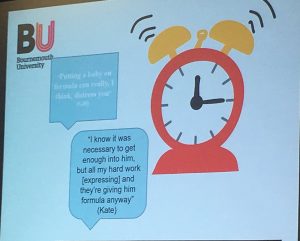

 On Wednesday 28th June, the Writing Academy will be hosting a Lunchbyte session with
On Wednesday 28th June, the Writing Academy will be hosting a Lunchbyte session with 


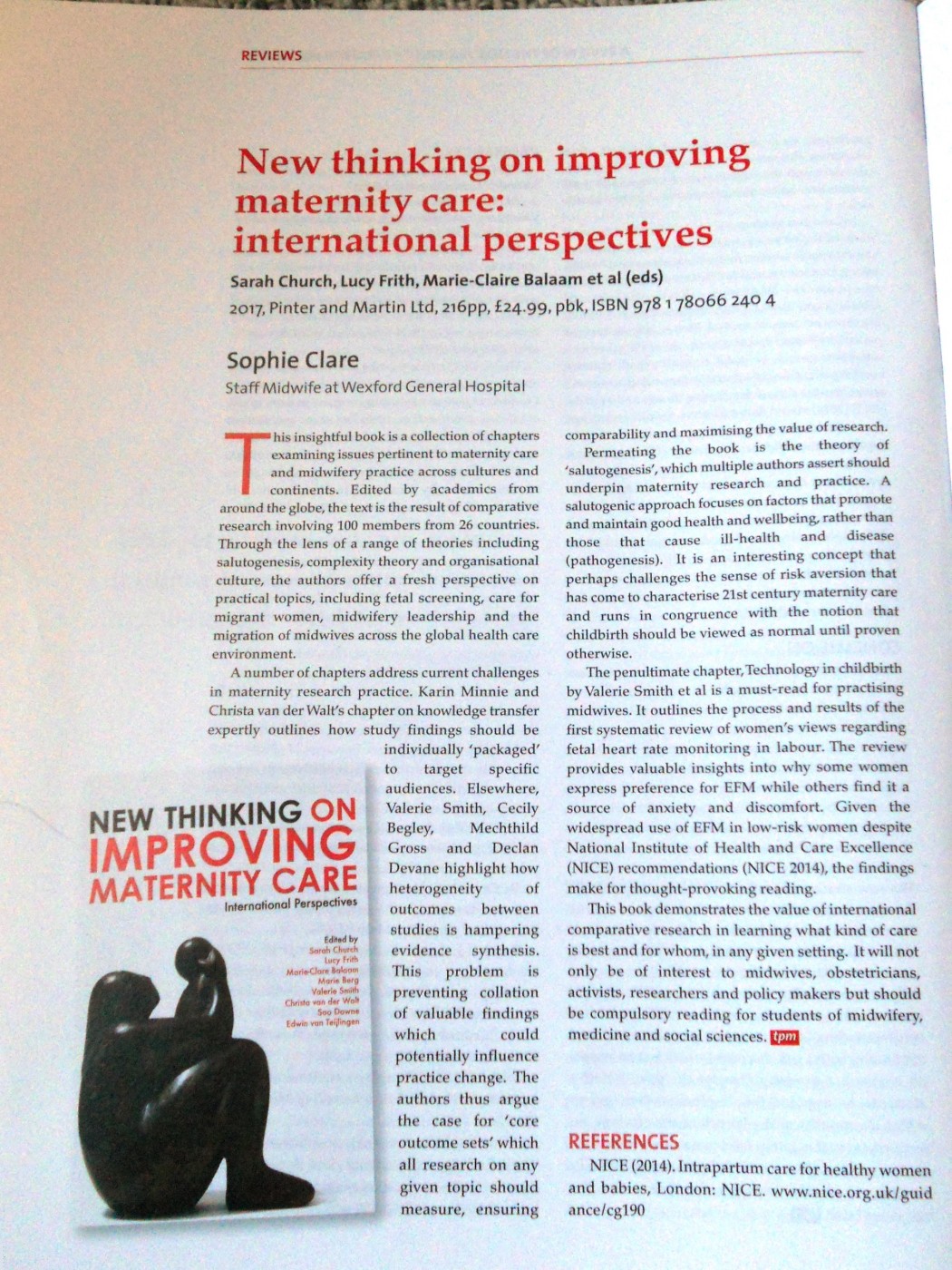

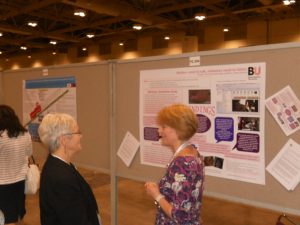

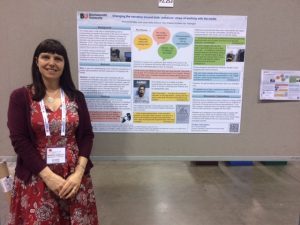


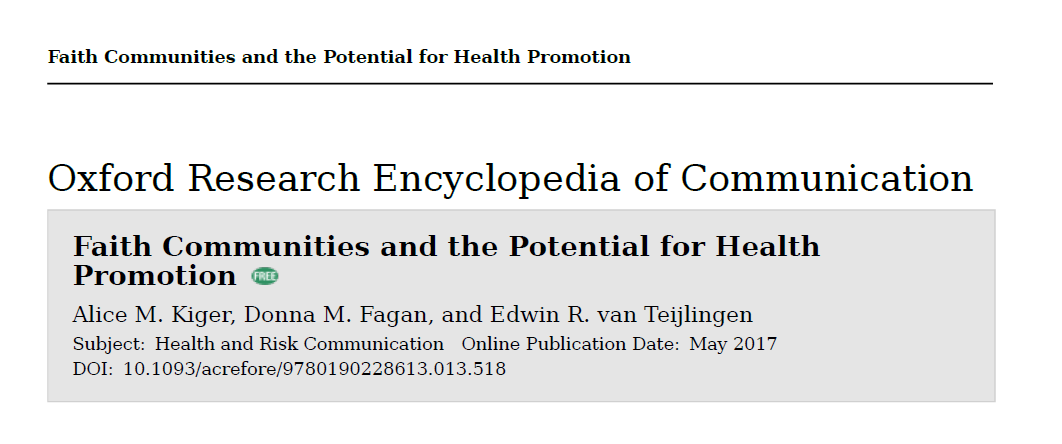














 ESRC Festival of Social Science 2024 Open Call – Deadline for Applications Thursday 16 May
ESRC Festival of Social Science 2024 Open Call – Deadline for Applications Thursday 16 May We can help promote your public engagement event or activity
We can help promote your public engagement event or activity New Seed Fund for Public Engagement with Research: Last Six Funding Opportunities Available
New Seed Fund for Public Engagement with Research: Last Six Funding Opportunities Available Congratulation on new interdisciplinary publication
Congratulation on new interdisciplinary publication New seed fund for public engagement with research: open for applications
New seed fund for public engagement with research: open for applications Horizon Europe News – December 2023
Horizon Europe News – December 2023